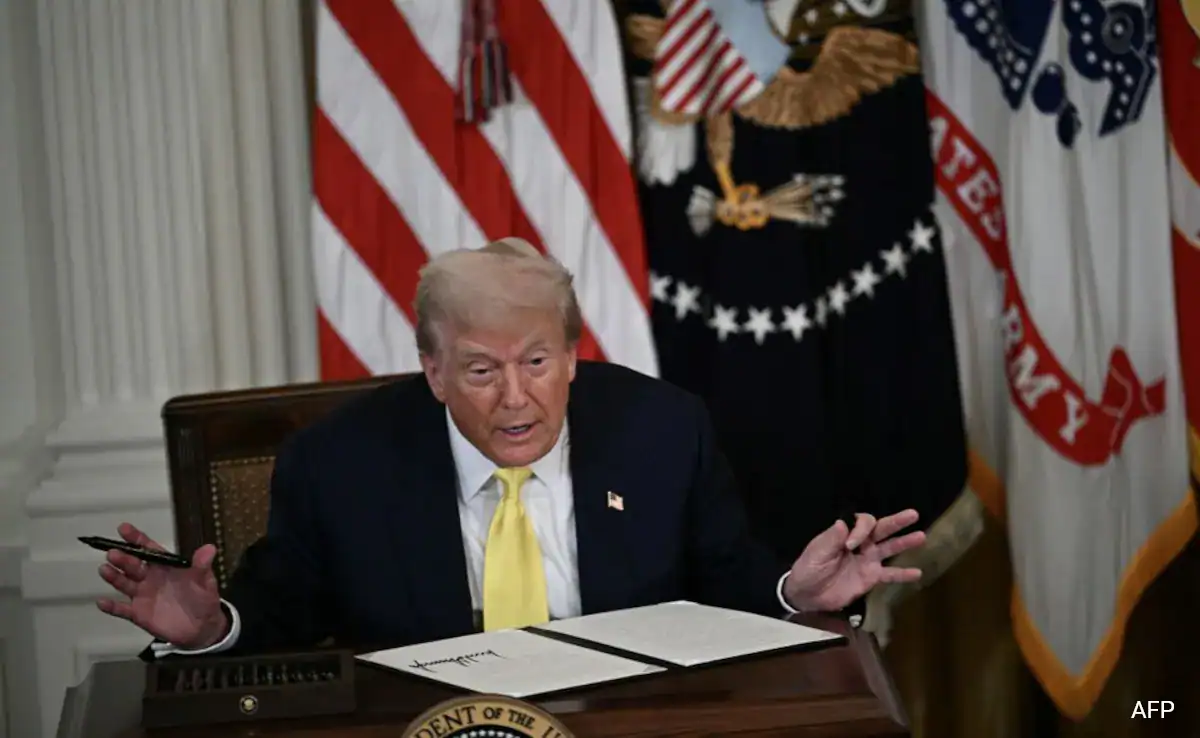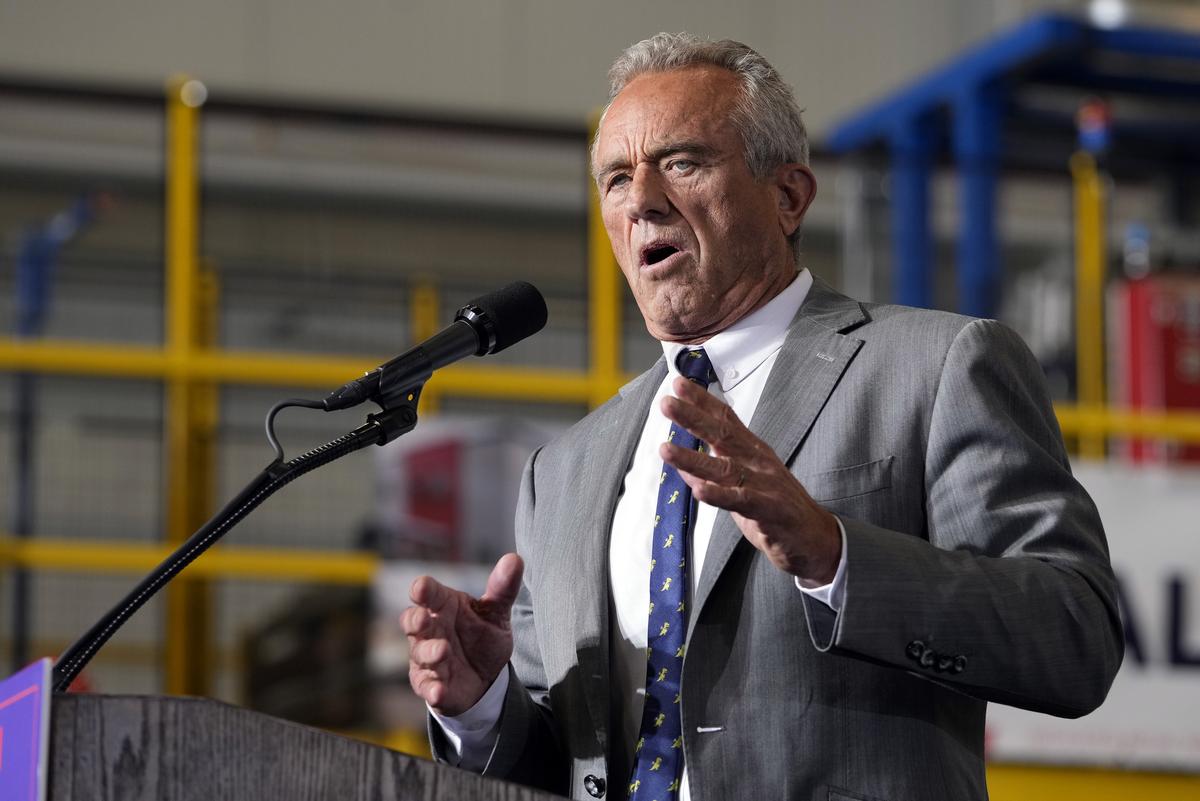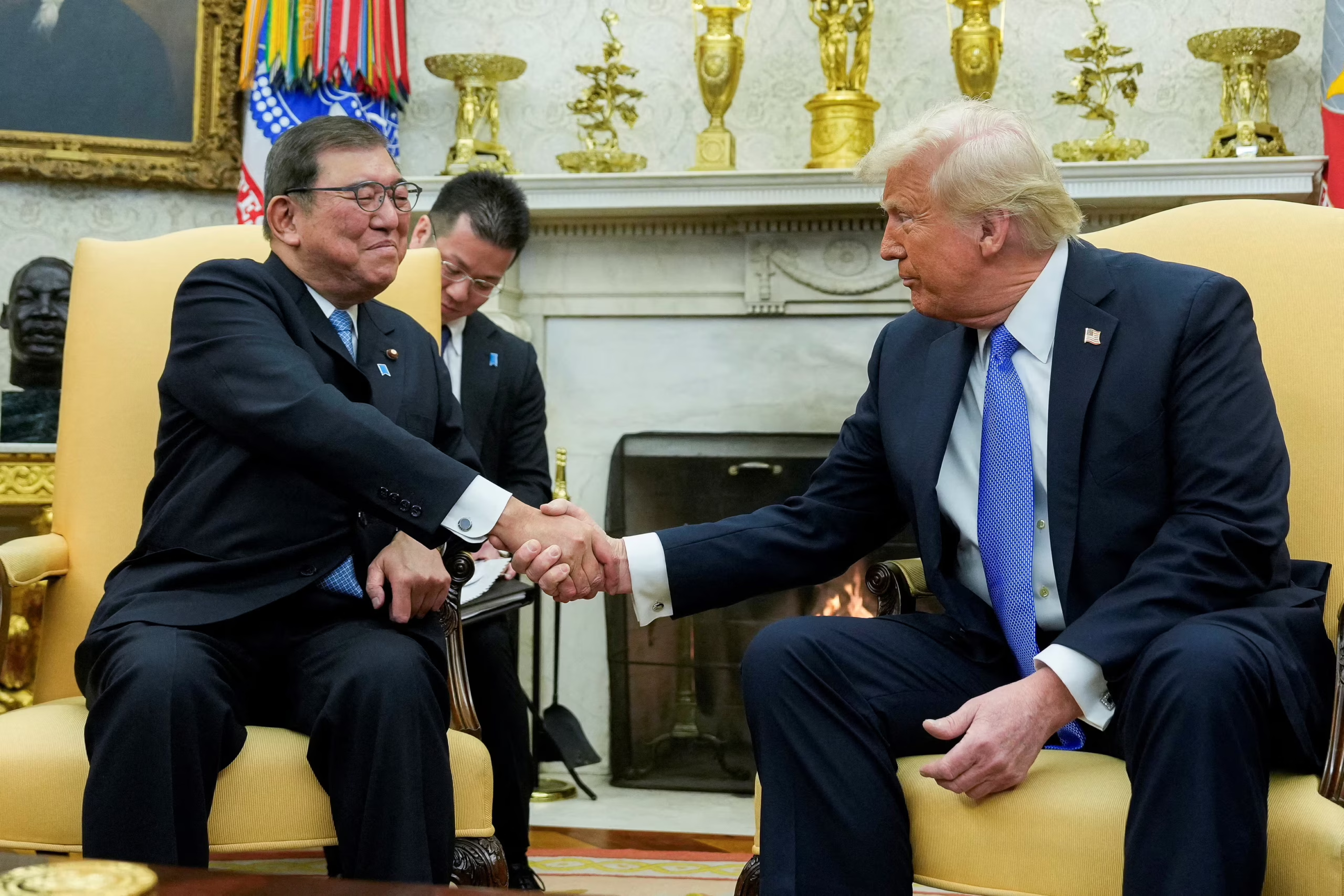
Starting today, a significant development has swept across the international trade landscape: the United States, under President Donald Trump’s administration, has officially enacted new tariffs targeting dozens of countries. This strategic move marks a pivotal moment in global economic policies, signaling a shift that could redefine trade relationships and economic stability worldwide. The action is not isolated; it is part of a broader effort by the U.S. to renegotiate trade terms, curb perceived unfair trade practices, and protect certain domestic industries.
The Scope of the Tariffs and Immediate Reactions
According to reports from The Guardian,
- Over 60 countries are now scrambling to respond as they face increased import tariffs, a move that could disrupt longstanding trade agreements and supply chains.
- Experts warn that this broad application of tariffs could ignite retaliatory measures, sparking a possible trade war that may have long-lasting economic repercussions.
Impact on the U.S. and Global Economy
Economic Pain from Tariffs
One of the immediate concerns surrounding these new tariffs is the potential pain within the U.S. economy itself. As reported by The Hindu,
Analysts suggest that while President Trump claims this aggressive tariff strategy will generate billions of dollars in revenue, the burden of this economic shift may ultimately fall on consumers and global supply chains. With higher costs for imported goods, inflationary pressures could escalate, impacting everyday purchases and long-term economic growth.
Trade War Hurdles and Diplomatic Tensions
Resistances and Retaliations
As a consequence of these tariffs, many countries have begun to formulate retaliatory measures, complicating international relations. The article from The Economic Times notes that though the U.S. claims to be winning a trade war, many hurdles still lie ahead.
The Broader Implications for Global Trade
The implementation of these tariffs has sparked widespread concern among international trade bodies and economic strategists. Many nations are now trying to quickly adapt to this new environment by revising their trade policies and seeking alternative markets. Here’s a breakdown of the key points:
- Risk of escalating retaliatory tariffs: Countries hurt by U.S. tariffs may impose their own taxes on American exports, creating a spiral of protectionism.
- Disruption of supply chains: Multinational companies could face increased costs and logistical challenges, affecting production and consumer prices globally.
- Potential for long-term economic shifts: Some nations might accelerate efforts to diversify their trade partnerships outside of the U.S., reshaping global economic alignments.
Conclusion: A New Trade Era Unfolds
As these tariffs take effect, the international community stands at a crossroads. The immediate impact may be felt in rising costs and increased tensions, but the long-term scenarios remain uncertain. Will this lead to a new era of American economic dominance with reinforced protectionist policies? Or will the global response mitigate some of the more damaging effects? What is clear is that the days ahead will be crucial in shaping the future of global trade relations.
One thing is certain: navigating this complex landscape will require strategic diplomacy and resilient economic planning from nations worldwide.
For more updated news please keep visiting Prime News World.








